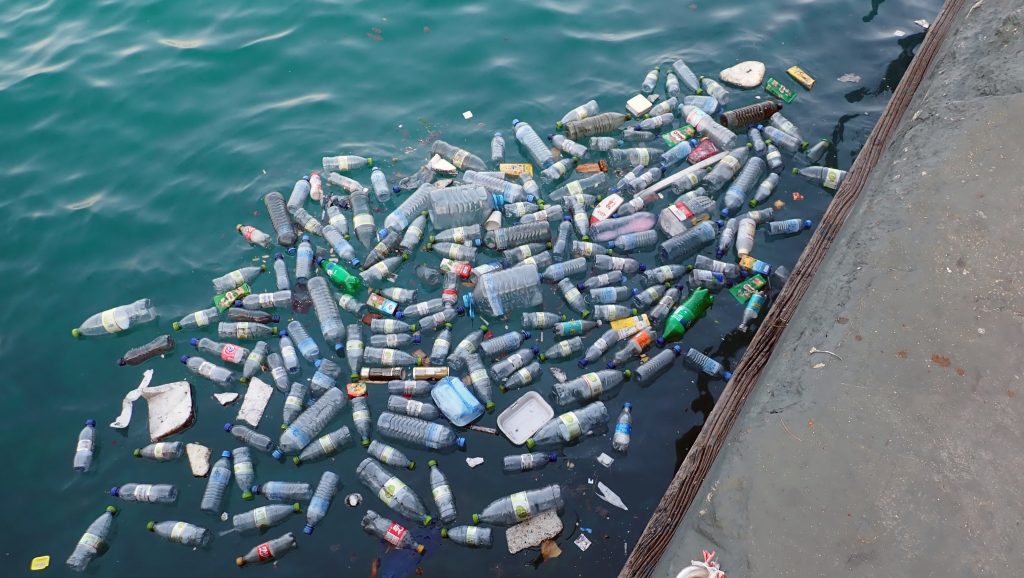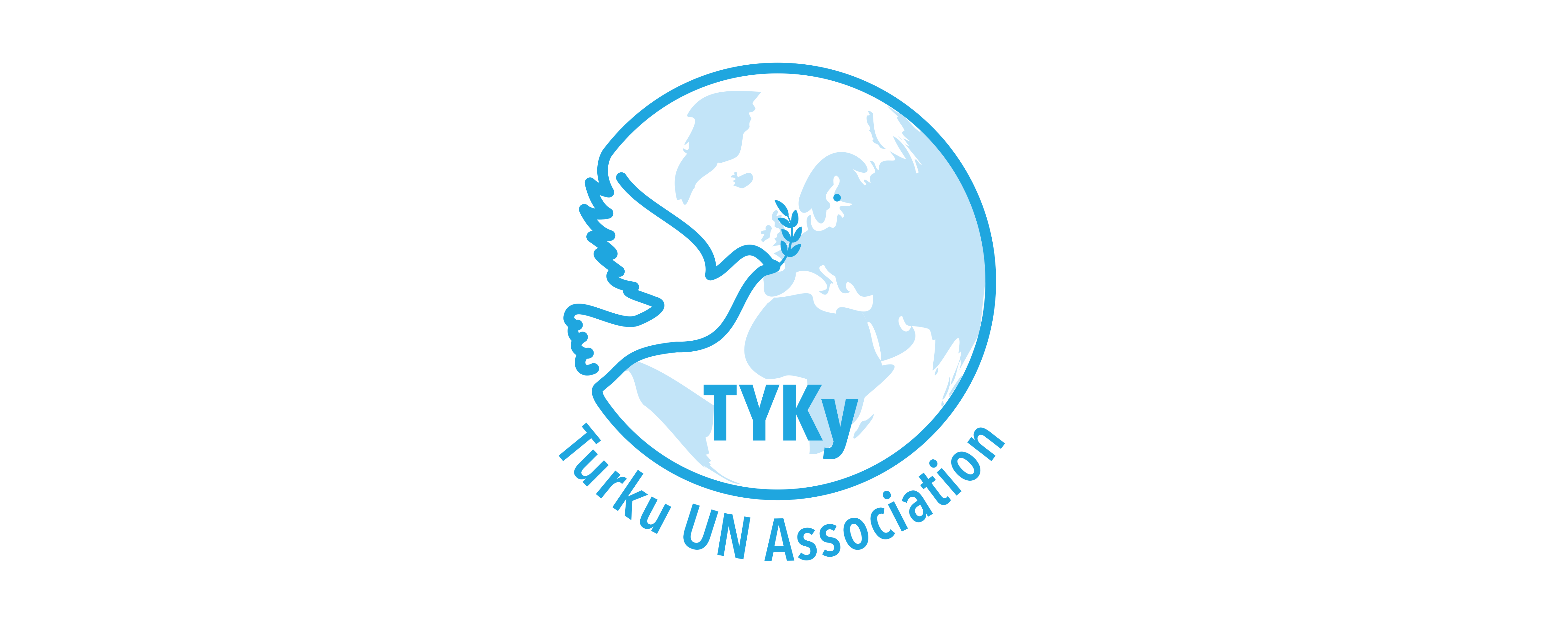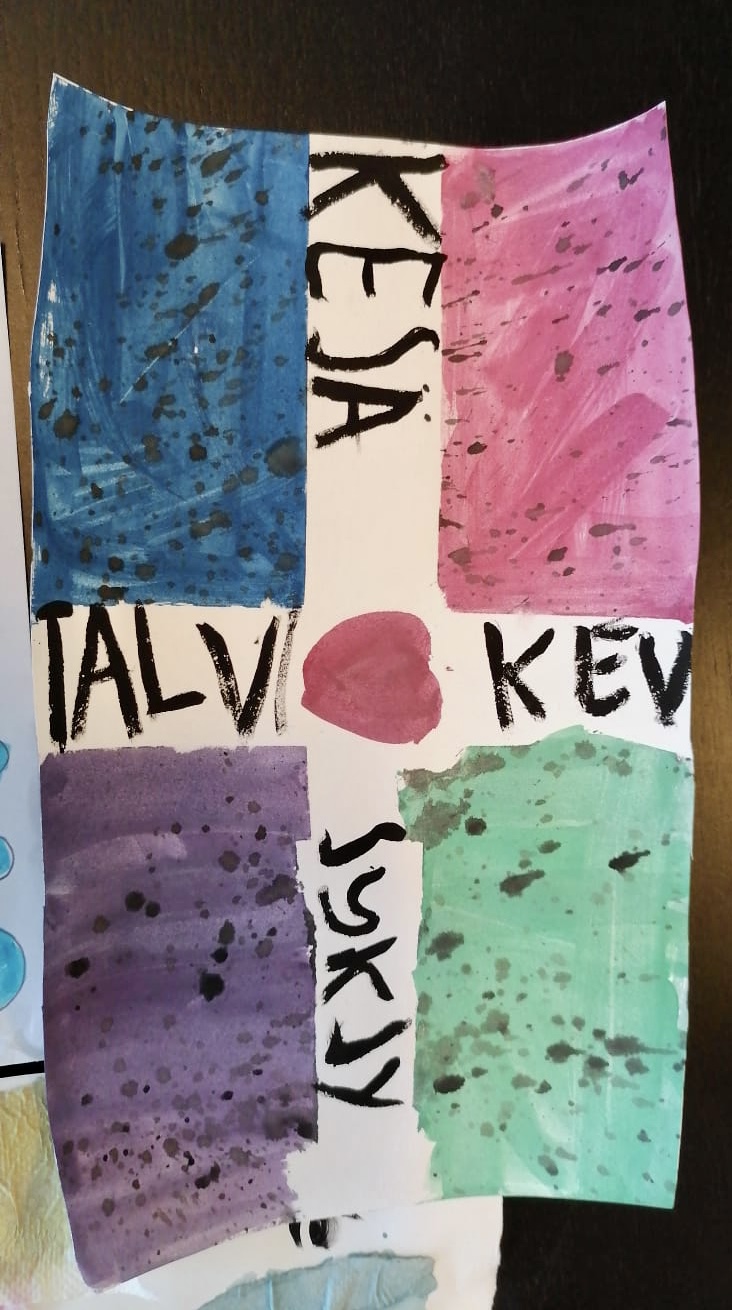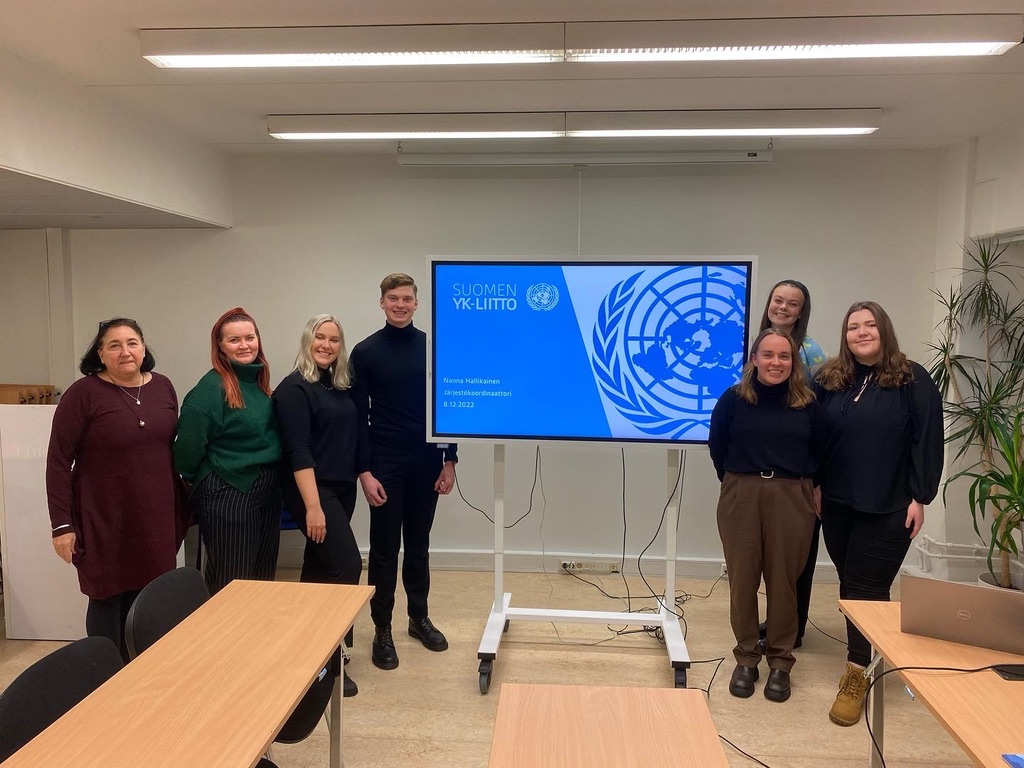Text: Venla R, Publicist of the Turku UN Association
The European Union has set the target that by 2030 all plastic packaging used in Europe will be recycled. Last March, photographer Meeri Koutaniemi, MEP Heidi Hautala and many other famous people challenged the Finns to participate in Plastic Free March (in Finnish Muoviton Maaliskuu).
Plastic is a major problem for nature and water. Certainly, many of us have seen those sadly famous images of the beaches littered by plastic waste or a dead whale in Norway with dozens of plastic bags and micro-plastic found in its stomach. It has been predicted that by the year 2050 the amount of plastic will have doubled and there will be more plastic than fish in the sea. Plastic contaminating our water and consequently animals in our food chain as well, has become a global problem.

Presently, we speak of micro plastics which are microscopic small (less than 5 mm) decomposed insoluble plastic particles. They come from a variety of sources, including cosmetics and clothing. Micro plastic ends up in the collecting waterways, as wastewater treatment plants cannot filter it out. Health impacts are currently a major question mark in microprocessor research. According to Hannu Kiviranta, Research Professor at the National Institute for Health and Welfare, the health effects of microorganisms should be studied more. ”Plastic can be said to be the same as many chemicals: everything that does not break into the natural world will sooner or later become a problem,” says Kiviranta.
Social media campaigns supporting the cause
Though the various campaigns are nominally unconditional (Plastic Free Month, Meatless Month, Dry January) it does not mean that attending them would always require total abstention. Or to compare who is the winner or the most perfect person in the world. No. Instead, these campaigns are designed to make people question their own consumption habits and their everyday choices. Could I do something differently? Is there something I could improve? How much do I use disposable plastic?

All people are different and no one is an expert at birth. What is good for someone else may not be the best option for me. This, however, does not mean that you should give up on the whole thing. Each of us can, through our own everyday actions, have a significant impact in the long run. In other words: if full a completely plasticless life feels impossible, then do not be dive in head first. Instead, proceed one step at a time.
Your journey towards a plastic-free life can begin by monitoring your own consumer behavior. For example, write down for one week all the plastic you use, and empty your own trash bin and see what’s in it all. This will give you a good overview of your own habits and know what things you might do differently.
However, the fact is that we are all responsible for nature and what kind of planet we will leave to next generations. Plastic has made many things possible, but at the same time it has become a major social problem. That is why it is important, that your plastic-free life continues after March and every company, person and community would pay attention to this issue in the future as well.
Plastic Free March, unconditional or perhaps small steps towards more sustainable everyday life? You decide!




